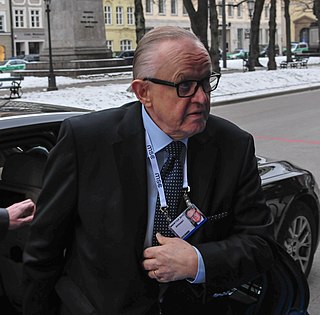A Quote by Barack Obama
At a time when the European project is facing challenges, it's especially important to show the benefits of economic integration by continuing to invest in our people and working to reduce inequality, both within and across our countries.
Related Quotes
Membership in the European Community, now the European Union, has enabled Ireland to re-find its sense of participation - cultural, political, social - at the European level. I think that also opens up possibilities for Ireland as a European country to look outward - to look particularly, for example, at countries to which a lot of Irish people emigrated, to our links - our human links - with the United States, with Canada, with Australia, with New Zealand. And to look also, because of our history, at our links to the developing countries.
The development of European integration can be divided into two phases. The first era ended with the Maastricht Treaty. It was a liberalization phase, with the main goal of European integration at the time being the removal of various barriers and borders in Europe. The second phase is a homogenization or standardization phase, one that involves regulation from the top and growing control over our lives. This no longer has anything to do with freedom and democracy.
The major economic policy challenges facing the nation today - pick your favorites among the usual suspects of low public and household savings, concerns about educational quality and achievement, high and rising income inequality, the large imbalances between our social insurance commitments and resources - are not about monetary policy.
Highly complementary airline alliances and mergers can bring important benefits to passengers by connecting networks, offering new services and generating efficiencies across the aviation value chain. However, this has to take place within a competitive environment. It is vital that the economic benefits of an airline alliance or merger are passed on to passengers.































